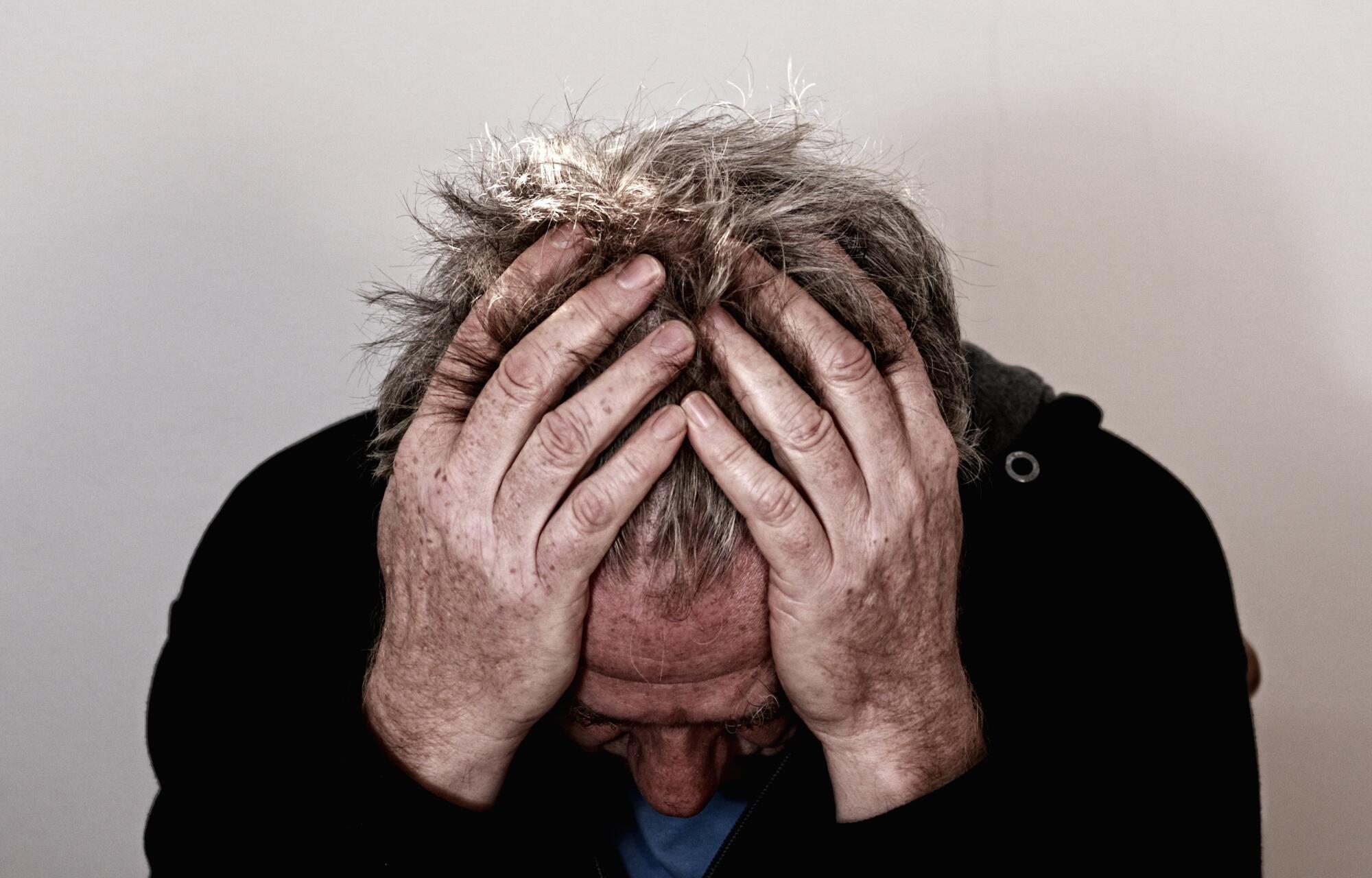
Oral Thrush Symptoms in Adults: What to Look For

Many people find thrush too embarrassing to talk about. Because of that, they aren’t aware of common oral thrush signs and symptoms, and they’re unwilling to ask for help.
In reality, thrush is a common condition. It’s not something “dirty” or embarrassing, and it’s easy enough to cure if you catch and treat it early on. If you’re not ready to talk to someone about your potential oral thrush situation, we want to help you so you can help yourself.
Keep reading to learn all about oral thrush, oral thrush symptoms in adults, oral thrush treatment, and more.
What Is Oral Thrush?
In short, thrush is a yeast and fungal infection. Oral thrush happens in the mouth and is often most visible on the tongue. Oral thrush may also be referred to as oral candidiasis or simply candida.
Candida is the fungus that causes thrush. Three types of candida can cause it. The first (and most common) is Candida albicans, but oral thrush can also result from Candida glabrata and Candida tropicalis.
Many people don’t notice that they have oral thrush until it’s more advanced. They may not experience any discomfort or negative symptoms (although they still need to treat the problem).
Causes of Oral Thrush
Many people think that oral thrush means that someone is “dirty,” but this isn’t the case. In reality, some factors are outside your control, and others are so simple that almost anyone is susceptible.
It’s important to know that candida is normal. It’s present in the mouths of the vast majority of adults, and most of those people will never experience oral thrush.
Oral thrush becomes a concern when candida grows beyond normal levels. This isn’t uncommon for people who have poor immune systems, but a few risk factors make it more likely for someone to come down with oral thrush.
Oral Thrush Risk Factors
So what kinds of things, aside from fundamental immune system problems, would make someone more susceptible to oral thrush?
The first thing that could contribute to oral thrush (and that, for most people, is easy to control) is smoking. It’s unclear as to why smoking cigarettes makes someone more susceptible to oral thrush. If someone continues their smoking habit after clearing up their oral thrush, it is likely to return.
Malnutrition can also be a risk factor for oral thrush. For example, if someone is low in B-12, iron, or folic acid, they may not control their candida levels.
While it might seem counterproductive, using too much harsh mouthwash can also cause oral thrush. That means that if you’re trying too hard to avoid it, you might be making the problem worse.
Mouthwash with antibacterial properties may kill off some of the “good” bacteria that live in your mouth. This is also true for people who over-use antibiotic medication.
People who wear dentures, and don’t take good care of them, are prone to oral thrush. Remember that dentures need to be cleaned, and it’s crucial to remove them when you go to sleep.
Dry mouth is another common risk factor for oral thrush.
Oral Thrush Symptoms in Adults
So, how do you know if you have oral thrush? Not all oral health problems lead to oral thrush, but there are a few signs and symptoms that you can look out for.
Oral thrush shows up in the mucous membranes in your mouth (in other words, the “wet” parts, like your gums and tongue).
Sometimes oral thrush starts with swelling and redness. This is common amongst people who wear dentures. There may be some pain or discomfort associated with the swelling.
The most apparent symptom is patches of white or cream on the tongue or gums. You won’t be able to remove these patches with a toothbrush, and scraping them may result in pain or bleeding.
Significant oral thrush often results in a tongue that looks completely white.
An uncommon symptom of oral thrush in adults is angular cheilitis. This means that the corners of the mouth (at the ends of your smile) can crack. You may also experience dry and burning lips.
Oral Thrush Treatment
When it comes to treatment, you have options. If the thrush isn’t significant, you can start by attempting home remedies. Even if these don’t cure the oral thrush, they can keep it under control until you can visit a doctor or access medication.
Get a package of cheap toothbrushes and use a new one every day until the fungal infection is gone. Use soft toothbrushes to avoid irritating the affected area. Children’s toothbrushes are great for this.
Eat foods with probiotics, like unsweetened Greek yogurt, to restore normal bacteria levels in your mouth. This is also a simple food that should be painless to eat.
Avoid mouthwash or harsh sprays. While it’s tempting to try to “clean” the fungal infection away, you’ll do more harm than good. Instead, rinse your mouth with saltwater.
When you’re ready to seek treatment, you’re going to want an anti-fungal medication. They’re often available in gel form for your comfort. Oral thrush medication will clear up most cases of oral thrush right away.
Oral Thrush Is Common and Treatable
If you think that you’re experiencing some of the oral thrush symptoms in adults, you don’t have to worry. Try some simple home remedies and order some anti-thrush medication to get your mouth candida-free, so you don’t have to deal with any more discomfort.
Nothing’s embarrassing about oral thrush, so don’t be afraid to talk to a doctor about it as soon as possible.
Are you looking for accessible medication for a wide variety of conditions? At Kiwi Drug, we aim to provide high-quality medicines at reasonable prices. Check our site for oral thrush medication and more.
Related Posts

